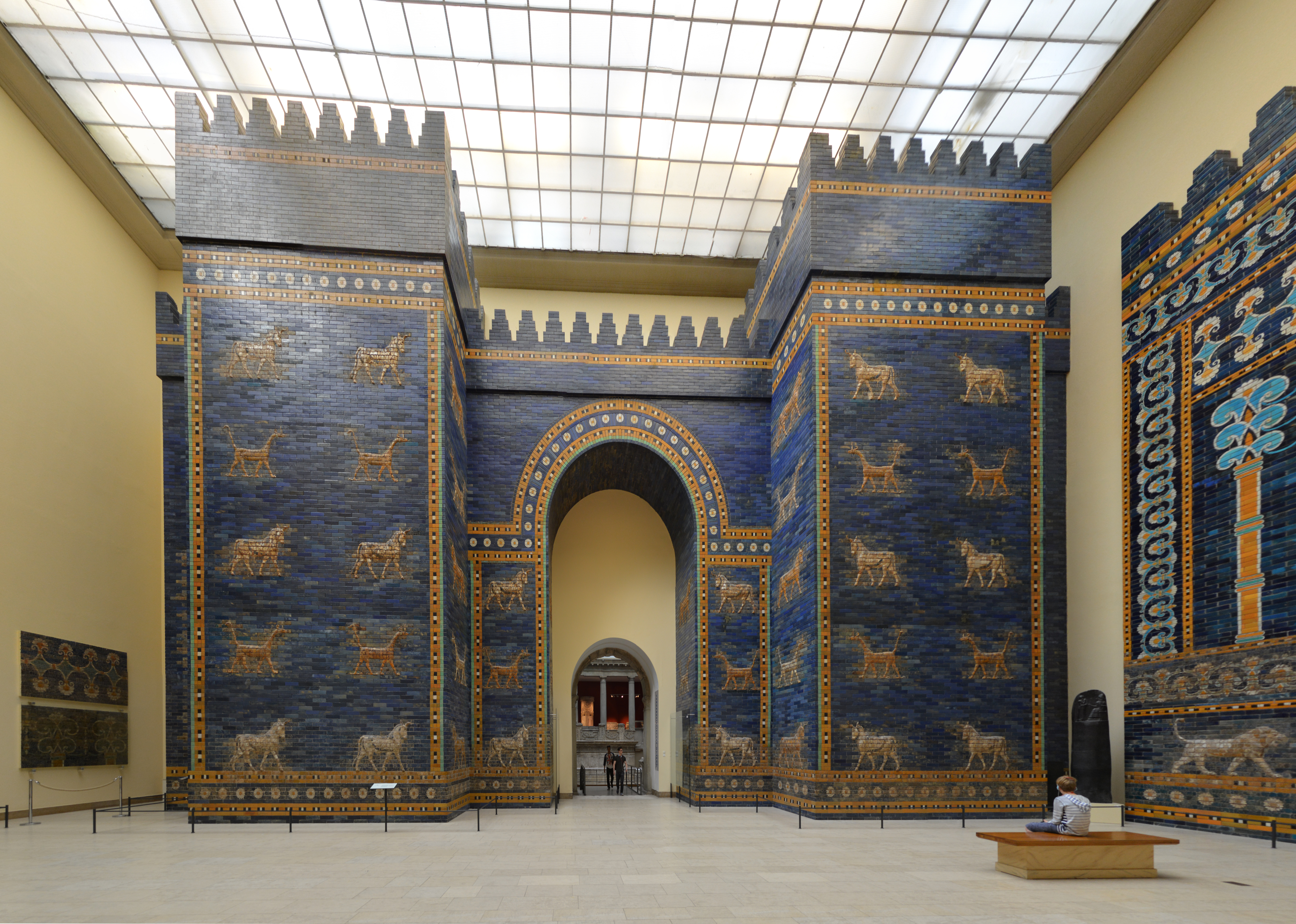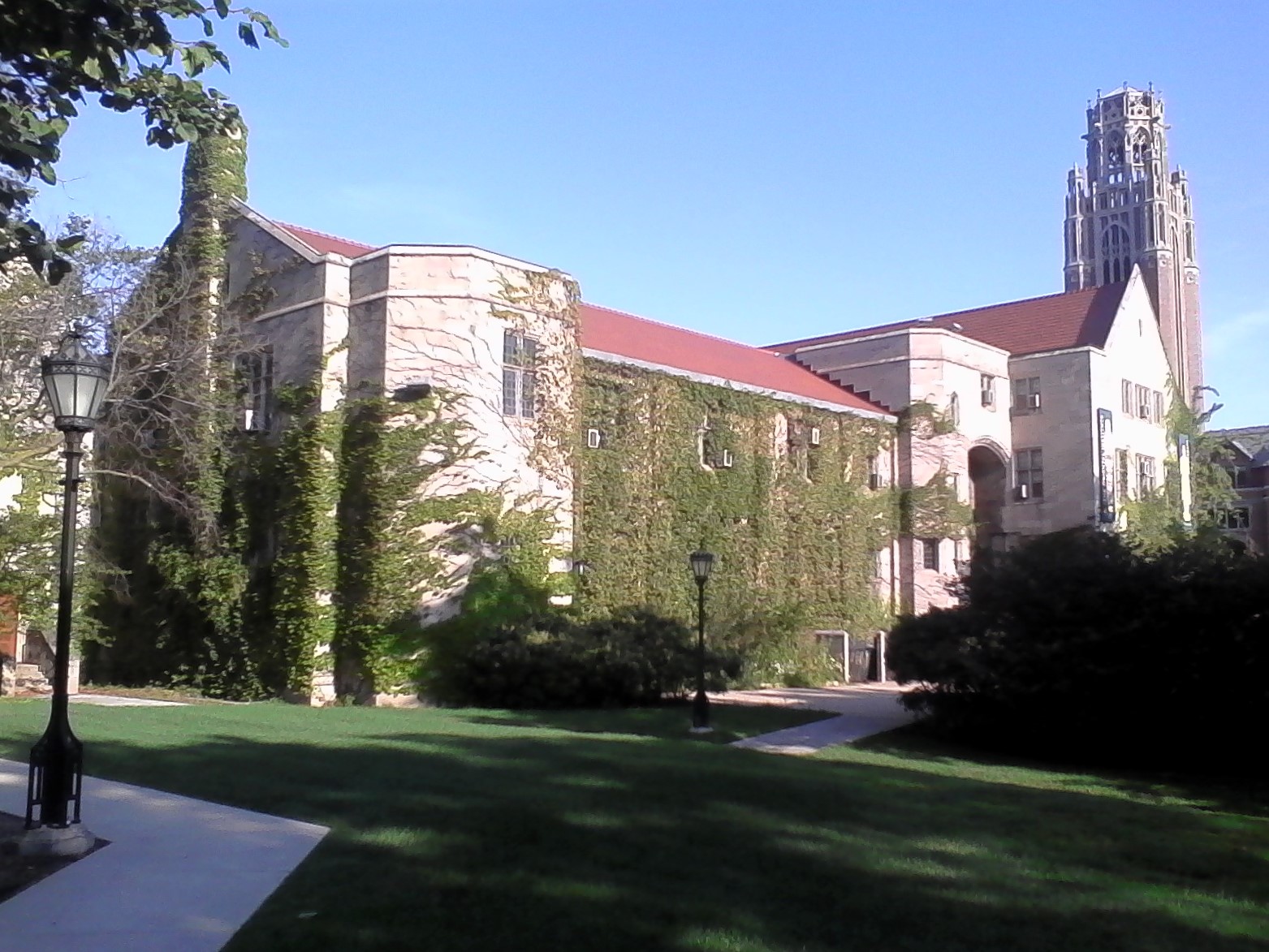|
Adriaan De Buck
Adriaan de Buck ( Oostkapelle, 22 September 1892 – Leiden, 28 October 1959) was an eminent Dutch Egyptologist. From 1939 he was Professor of Egyptology at Leiden University. Life and work De Buck read theology in Leiden (1911–1916) with Pierre Daniel Chantepie de la Saussaye and William Brede Kristensen. He studied several Semitic languages (among which Arabic), and specialized in ancient Egyptian which he first read with Pieter Boeser. He then continued his studies in Egyptology in Göttingen and Berlin (1917–1921) with Adolf Erman and Kurt Sethe. De Buck was ordained minister in the Dutch Reformed Church and served in the small town of Ursem 1921–1925. On 6 July 1922 he received his doctorate in theology from Leiden University on a thesis titled ''De Egyptische voorstellingen betreffende den oerheuvel'' (“The Egyptian depictions concerning the primeval hill”), supervised by W.B. Kristensen. In 1924 he was approached by the Chicago University Oriental Inst ... [...More Info...] [...Related Items...] OR: [Wikipedia] [Google] [Baidu] |
Adolf Erman
Johann Peter Adolf Erman (; 31 October 185426 June 1937) was a renowned German Egyptologist and lexicographer. Life Born in Berlin, he was the son of Georg Adolf Erman and grandson of Paul Erman and Friedrich Bessel. Educated at Leipzig and Berlin, he became associate professor of Egyptology at the University of Berlin in 1883 and full professor in 1892. In 1885 he was appointed director of the Egyptian department at the royal museum. In 1934 he was excluded from the faculty of the university because he was, according to the Nazi ideology, one quarter Jewish. As his family had converted to Protestantism in 1902, he and his family were not persecuted by the Nazis, but they all lost their positions. Erman and his school at Berlin had the difficult task of recovering the grammar of the Egyptian language and spent thirty years of special study on it. The greater part of Egyptian texts after the Middle Kingdom having been written in what was even then practically a dead language ... [...More Info...] [...Related Items...] OR: [Wikipedia] [Google] [Baidu] |
International Association Of Egyptologists
International is an adjective (also used as a noun) meaning "between nations". International may also refer to: Music Albums * ''International'' (Kevin Michael album), 2011 * ''International'' (New Order album), 2002 * ''International'' (The Three Degrees album), 1975 *''International'', 2018 album by L'Algérino Songs * The Internationale, the left-wing anthem * "International" (Chase & Status song), 2014 * "International", by Adventures in Stereo from ''Monomania'', 2000 * "International", by Brass Construction from ''Renegades'', 1984 * "International", by Thomas Leer from ''The Scale of Ten'', 1985 * "International", by Kevin Michael from ''International'' (Kevin Michael album), 2011 * "International", by McGuinness Flint from ''McGuinness Flint'', 1970 * "International", by Orchestral Manoeuvres in the Dark from '' Dazzle Ships'', 1983 * "International (Serious)", by Estelle from '' All of Me'', 2012 Politics * Political international, any transnational organization ... [...More Info...] [...Related Items...] OR: [Wikipedia] [Google] [Baidu] |
Netherlands Institute For The Near East
The Netherlands Institute for the Near East (Dutch: ''Nederlands Instituut voor het Nabije Oosten''; colloquially known by its abbreviation: NINO) is an institution for the advancement of the study of the Ancient Near East, Mesopotamia, Anatolia, and Egypt. It is an independent foundation with close ties to Leiden University, housed at the Faculty of Humanities. The institute was founded in 1939. In 2017 the board of NINO decided to integrate the library into Leiden university and to transform the institute to a pure "research school". Library The NINO library holds ca. 50.000 titles (scientific books and journals) in the fields of Assyriology, Egyptology, Near Eastern Archaeology and related fields. On 1 January 2018 the NINO library became part of Leiden University Libraries. Publications and research NINO publishes the journal ''Bibliotheca Orientalis'' and the annuary ''Anatolica''. Its current monograph series are ''PIHANS'', ''Egyptological Publications'' and ''Achaemeni ... [...More Info...] [...Related Items...] OR: [Wikipedia] [Google] [Baidu] |
Franz Marius Theodor De Liagre Böhl
{{disambiguation ...
Franz may refer to: People * Franz (given name) * Franz (surname) Places * Franz (crater), a lunar crater * Franz, Ontario, a railway junction and unorganized town in Canada * Franz Lake, in the state of Washington, United States – see Franz Lake National Wildlife Refuge Businesses * Franz Deuticke, a scientific publishing company based in Vienna, Austria * Franz Family Bakeries, a food processing company in Portland, Oregon * Franz-porcelains, a Taiwanese brand of pottery based in San Francisco Other uses * ''Franz'' (film), a 1971 Belgian film * Franz Lisp, a dialect of the Lisp programming language See also * Frantz (other) * Franzen (other) * Frantzen (other) Frantzen or Frantzén is a surname. It may refer to: * Allen Frantzen (born 1947/48), American medievalist * Björn Frantzén (born 1977), Swedish chef and owner of the Frantzén restaurant * Jean-Pierre Frantzen (1890–1957), Luxembourgian gym ... [...More Info...] [...Related Items...] OR: [Wikipedia] [Google] [Baidu] |
Assyriology
Assyriology (from Greek , ''Assyriā''; and , '' -logia'') is the archaeological, anthropological, and linguistic study of Assyria and the rest of ancient Mesopotamia (a region that encompassed what is now modern Iraq, northeastern Syria, southeastern Turkey, and northwestern and southwestern Iran) and of the related cultures that used cuneiform writing. The field covers Sumer, the early Sumero-Akkadian city-states, the Akkadian Empire, Ebla, the Akkadian and Imperial Aramaic speaking states of Assyria, Babylonia and the Sealand Dynasty, the migrant foreign dynasties of southern Mesopotamia, including the Gutians, Amorites, Kassites, Arameans, Suteans and Chaldeans. The large number of cuneiform clay tablets preserved by these Sumero-Akkadian and Assyro-Babylonian cultures provide an extremely large resource for the study of the period. The region's (and indeed the world's) first cities and city-states like Ur are archaeologically invaluable for studying the growth of ... [...More Info...] [...Related Items...] OR: [Wikipedia] [Google] [Baidu] |
Academic Ranks In The Netherlands
Overview Academic ranks Administrative positions Professor ranks Full professors A (full) professor should have substantial research achievements and international reputation. The title professor is not protected by Dutch law. The head of a department or of a "chair-group" within a department is a full professor. After a "chaired" professor leaves university, an open application is usually announced to replace the chair holder. Personal chairs, are full professors created based on personal achievement but have no formal administrative function in leading a department. Personal chair are becoming increasingly familiar; and are generally promoted from the assistant or associate professor ranks in a department. If a personal chair leaves the chair ceases to exist. Dutch universities also appoint ''professors occupying an endowed chair'' (Dutch: "bijzonder hoogleraar", literally "special professor"), often on a part-time basis. Special professors usually have their main emp ... [...More Info...] [...Related Items...] OR: [Wikipedia] [Google] [Baidu] |
Lector
Lector is Latin for one who reads, whether aloud or not. In modern languages it takes various forms, as either a development or a loan, such as french: lecteur, en, lector, pl, lektor and russian: лектор. It has various specialized uses. Academic The title ''lector'' may be applied to lecturers and readers at some universities. There is also the title ''lector jubilate'', which is an equivalent of Doctor of Divinity. In language teaching at universities in Britain, a foreign native speaker of a Slavic language is often called a ''lektor'' or ''lector''. In Dutch higher education the title lector is used for the leader of a research group at a university of applied science. The lector has a comparable set of tasks as (higher ranked) full professors at a (research) university, albeit at an applied rather than a fundamental scientific level. Ecclesiastical A religious reader is sometimes referred to as a ''lector''. The lector proclaims the Scripture readings used in the ... [...More Info...] [...Related Items...] OR: [Wikipedia] [Google] [Baidu] |
James Peter Allen
James Peter Allen (born 1945) is an American Egyptologist, specializing in language and religion. He was curator of Egyptian Art at the Metropolitan Museum of Art from 1990 to 2006. In 2007, he became the Charles Edwin Wilbour Professor of Egyptology at Brown University. In 2008, he was elected president of the International Association of Egyptologists. A graduate of Saint Meinrad Seminary and School of Theology, he received his PhD from the University of Chicago. Major publications * ''The Inflection of the Verb in the Pyramid Texts'' (Malibu: Undena, 1984) * ''Genesis in Egypt: The Philosophy of Ancient Egyptian Creation Accounts'' (New Haven: Yale University Press, 1988) * ''Middle Egyptian: An Introduction to the Language and Culture of Hieroglyphs'' (Cambridge: University Press, 2000) * ''The Heqanakht papyri The Heqanakht papyri or Heqanakht letters (also spelled Hekanakht) are a group of papyri dating to the early Middle Kingdom of Ancient Egypt that were found in th ... [...More Info...] [...Related Items...] OR: [Wikipedia] [Google] [Baidu] |
Alan Gardiner
Sir Alan Henderson Gardiner, (29 March 1879 – 19 December 1963) was an English Egyptologist, linguist, philologist, and independent scholar. He is regarded as one of the premier Egyptologists of the early and mid-20th century. Personal life Gardiner was born on 29 March 1879 in Eltham, then in Kent. His mother died in his infancy and he and his elder brother, the composer H. Balfour Gardiner, were brought up by their father's housekeeper. Gardiner was educated at Temple Grove School and Charterhouse. At school he developed an interest in ancient Egypt, and in 1895–96 he studied under the French archaeologist Gaston Maspero in Paris. He then went to Queen's College, Oxford with a scholarship to study '' Literae humaniores'' ( classics). Having achieved a second class in Mods, he changed to Hebrew and Arabic, graduating with a first class Bachelor of Arts (BA) degree in 1901. He was later a student of the prominent Egyptologist Kurt Heinrich Sethe in Berlin. In 1901, ... [...More Info...] [...Related Items...] OR: [Wikipedia] [Google] [Baidu] |
Coffin Texts
The Coffin Texts are a collection of ancient Egyptian funerary spells written on coffins beginning in the First Intermediate Period. They are partially derived from the earlier Pyramid Texts, reserved for royal use only, but contain substantial new material related to everyday desires, indicating a new target audience of common people. Coffin texts are dated back to 2100 BCE. Ordinary Egyptians who could afford a coffin had access to these funerary spells and the pharaoh no longer had exclusive rights to an afterlife. As the modern name of this collection of some 1,185 spells implies, they were mostly inscribed on Middle Kingdom coffins. They were also sometimes written on tomb walls, stelae, canopic chests, papyri and mummy masks. Due to the limited writing surfaces of some of these objects, the spells were often abbreviated, giving rise to long and short versions, some of which were later copied in the Book of the Dead. Content In contrast to the Pyramid Texts which ... [...More Info...] [...Related Items...] OR: [Wikipedia] [Google] [Baidu] |
Oriental Institute (Chicago)
The Oriental Institute (OI), established in 1919, is the University of Chicago's interdisciplinary research center for ancient Near Eastern ("Orient") studies and archaeology museum. It was founded for the university by professor James Henry Breasted with funds donated by John D. Rockefeller, Jr. It conducts research on ancient civilizations throughout the Near East, including at its facility, Chicago House, in Luxor, Egypt. The institute publicly exhibits an extensive collection of artifacts related to ancient civilizations at its on-campus building in Hyde Park, Chicago. According to anthropologist William Parkinson of the Field Museum, the OI's highly focused "near Eastern, or southwest Asian and Egyptian" collection is one of the finest in the world. History In the early 20th century, James Henry Breasted built up the collection of the university's Haskell Oriental Museum, which he oversaw along with his field work, and teaching duties. He dreamed, however, of establishin ... [...More Info...] [...Related Items...] OR: [Wikipedia] [Google] [Baidu] |




